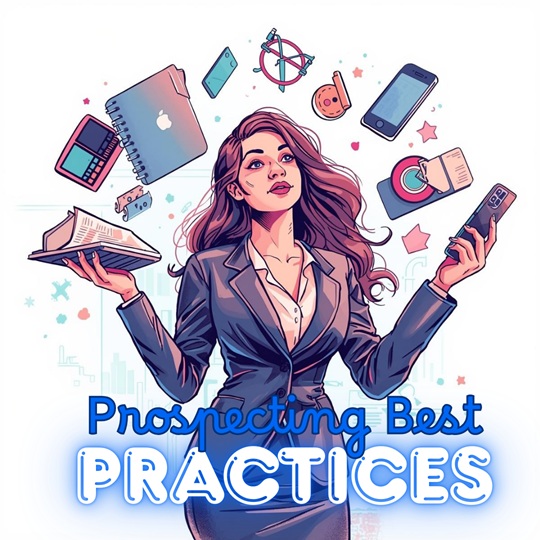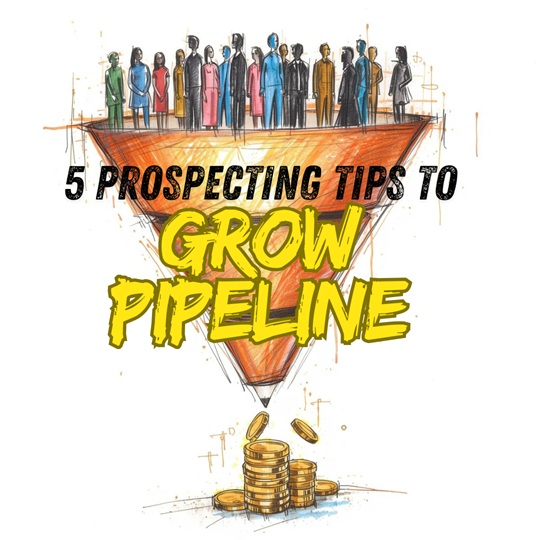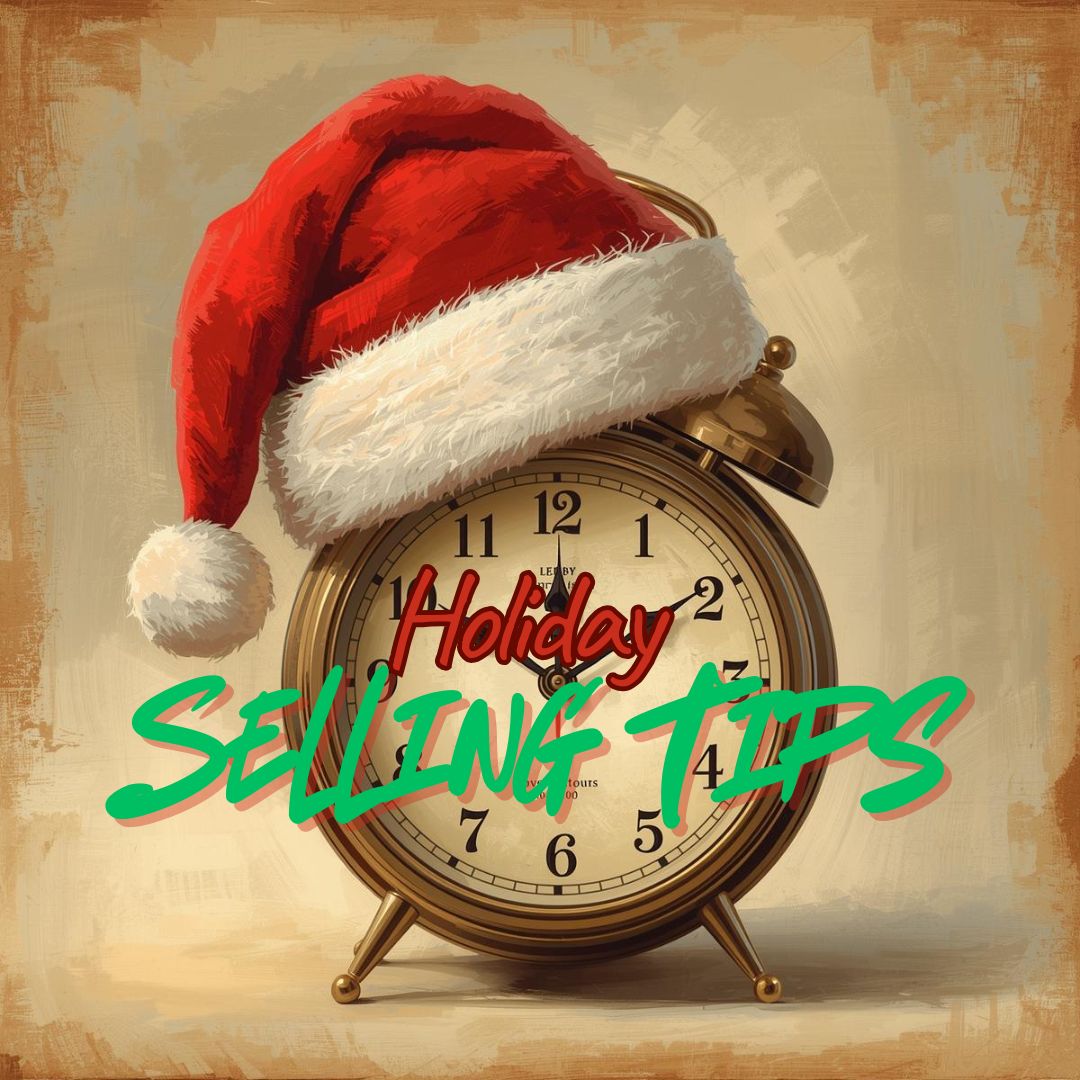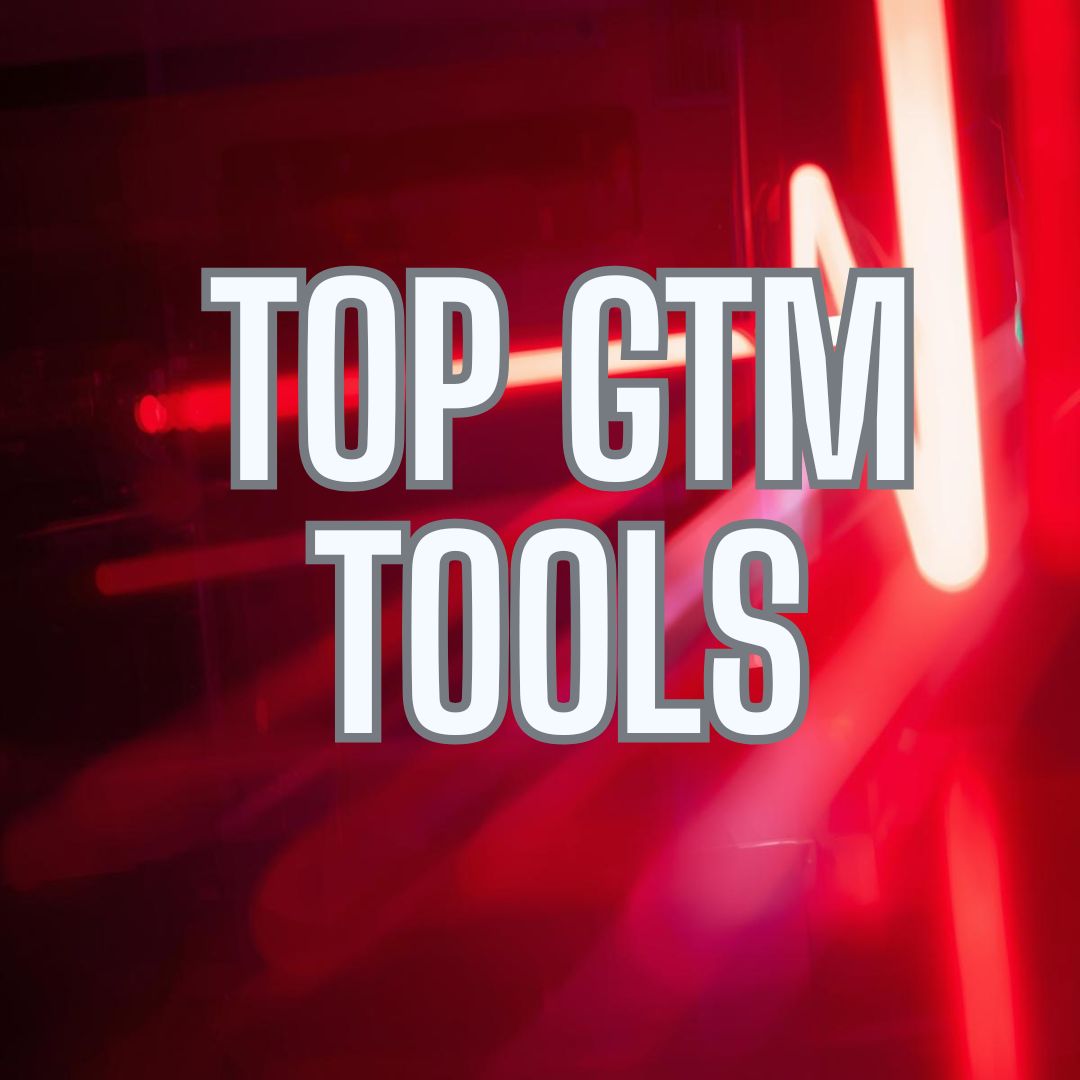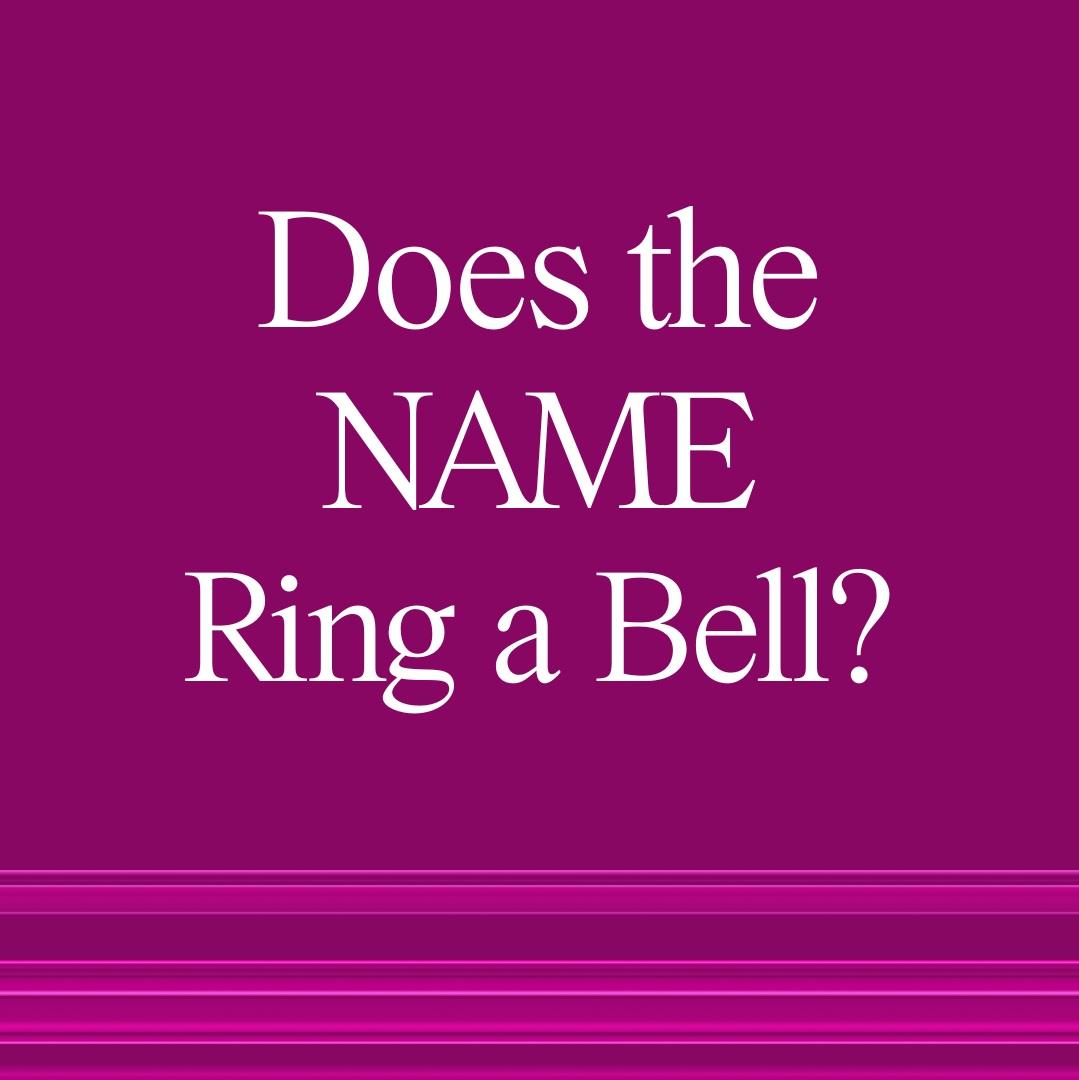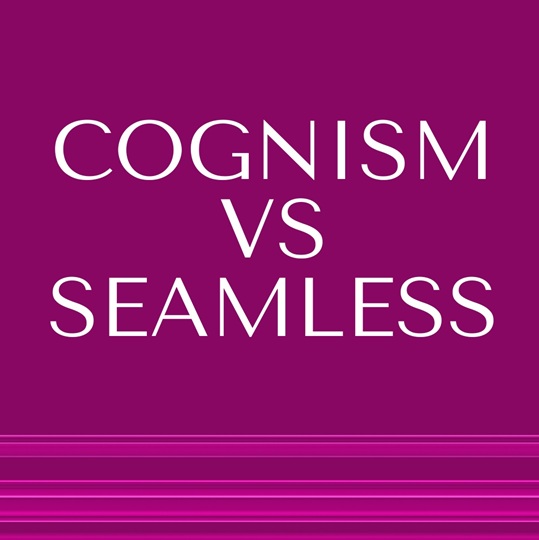Game on sales warriors! If you’ve ever thought about trying your sales skills out in the gaming industry to sell your goods or services, you’re in for an epic quest. The gaming sector is dynamic and packed with challenges, but it’s also brimming with opportunities, through projected growth, for those ready to play hard and bring their A-game.
Regardless if you win or lose your first gaming prospect, it's always GGs (Good Game).
If you are ready to take on big boss and jump to the next level in the gaming industry, then getting one of the top companies in the video game industry is going to be like getting a legendary weapon in a game. It's gives you max power while boosting your confidence to take on anything.
Landing one the top gaming companies can be a little like speed running with your eyes closed, but it can be done. First you have to know who are the top gaming companies to target.
Top 10 Gaming Companies in the US
There are tons of awesome indie game developers and small gaming studios all around the United States and even more aboard. Often folks ae trying to target very specific gaming companies based on profile settings like location, size, or other firmographic data that a sales tool can provide, but if you want to see who are the top gaming companies then this should help.
- Electronic Arts (EA): Known for franchises like FIFA, Madden NFL, and Battlefield. EA's been a powerhouse in the gaming world for years, constantly pushing the envelope in sports and action games.
- Activision Blizzard: Think Call of Duty, World of Warcraft, Overwatch, and Diablo. These guys have a knack for building highly engaging, multiplatform experiences that keep players coming back.
- Sony Interactive Entertainment: The mastermind behind the PlayStation consoles and exclusives like The Last of Us, Uncharted, and God of War. Sony's studios consistently deliver top-notch graphics and storytelling.
- Nintendo:- The home of iconic franchises like Mario, Zelda, and Pokémon. Nintendo's innovation in gameplay and family-friendly content keeps them at the forefront of the industry.
- Tencent Games:- A massive player globally, with stakes in Riot Games (League of Legends) and Epic Games (Fortnite). Tencent’s influence extends into mobile gaming as well, making them a global powerhouse.
- Ubisoft:- Known for Assassin’s Creed, Far Cry, and the Tom Clancy series. Ubisoft consistently delivers open-world games that are rich in detail and lore.
- Epic Games:- Besides the juggernaut that is Fortnite, Epic Games is also known for the Unreal Engine, a gaming engine that powers many other games across the industry.
- Valve Corporation:- Creators of Half-Life, Counter-Strike, and the Steam platform. Valve is a pioneer of both innovative games and digital distribution.
- Square Enix:- Famous for RPGs like Final Fantasy and Dragon Quest. Square Enix games are renowned for their deep storylines and exceptional visual artistry.
- CD Projekt Red:- Known for The Witcher series and Cyberpunk 2077. Despite some bumps along the way, their storytelling and world-building skills are top-tier.
These companies aren’t just top dogs in gaming; they’re at the cutting edge of tech and media. Working with or selling to these giants is like playing on the hardest difficulty setting, but the rewards—innovation, collaboration, and big wins—make it more than worth it.
Not everyone is going to conquer the final boss on the first try. If you need to level up, look to other businesses outside of the top gaming companies. There are many national gaming groups and indie game developers, Esports clubs, and other video game related companies supporting the gaming industry. Many gaming franchises like local gaming centers help drive the demand and growth while inspiring the next generation of gamers.
How would you go about targeting one of these top gaming companies or any business in the video game industry? Great question and one we can help you with to level up your sales game.

Top 8 Ways to Level Up Sales Game
With years of sales experience, and many of those laser-focused on the gaming industry, lets take you through a step-by-step guide on how to effectively target and win business from the giants like Electronic Arts and Nintendo.
Here’s how you can level up your sales strategy and bag those elusive gaming company deals.
1. Research and Reconnaissance: Knowledge is Power
Understand Their Business:
Before you make your move, you’ve got to understand the battlefield. Dive deep into your target company’s recent projects, challenges, and goals. For example, if you’re aiming at Ubisoft, know the latest happenings with their Assassin’s Creed series and consider what infrastructure challenges they might face.
Competitor Analysis:
Scout out what their competitors are using. Knowing this intel is like having a strategy guide—it helps you identify gaps and opportunities in the market that you can exploit.
You can use Seamless.AI to help you look up information on any gaming business including competitors.
2. Build a Compelling Value Proposition
Tailor Your Pitch:
Customize your sales message to fit the specific needs of the company. If Activision Blizzard is your target, emphasize how your server solutions can handle peak loads during major game updates or launches.
Focus on Benefits Over Features:
Speak their language. Highlight how your solution can reduce latency, improve uptime, and enhance player experience. These are the key metrics that gaming companies are laser-focused on.
3. Leverage Your Network
Use Industry Contacts:
Tap into your professional network to find warm introductions. A recommendation from a trusted industry ally is like a power-up—it can bypass gatekeepers and get you straight to the decision-makers.
Attend Industry Events:
Participate in gaming expos like E3 and GDC where key stakeholders from these companies are likely to be. Nothing beats a face-to-face meeting to establish rapport and build trust.
4. Strategic Outreach
LinkedIn and Social Channels:
Connect with relevant stakeholders (CTOs, IT Managers). Share insightful content that demonstrates your understanding of their challenges. Remember, social media isn’t just about shouting into the void; it’s about engaging and providing value.
Email Campaigns:
Craft personalized outreach emails that speak directly to their needs. Include case studies or success stories of similar clients you’ve helped. This demonstrates credibility and reassures them that you know your stuff.
5. Sales Presentations and Demos
Customized Demos:
Show them how your solution works through the lens of their specific needs. If you’re pitching to Sony Interactive Entertainment, demonstrate how your servers can handle high traffic during PS5 exclusive releases.
Use Metrics and KPIs:
Provide hard statistics on how your solutions can enhance their performance metrics. Numbers don’t lie, and they can be very persuasive in highlighting the tangible benefits of your offerings.
6. Address Their Pain Points
Identify Key Challenges:
Understand their pressing issues. Are they expanding server capacity for a new global rollout? Are they facing high latency challenges in certain regions? The more specific you can be, the better.
Offer Solutions:
Clearly articulate how your products directly mitigate these concerns. For instance, show how your server response times or uptime guarantees surpass their current solutions. This is your chance to shine as the hero they need.
7. Follow-Up and Persistence
Regular Check-Ins:
Maintain consistent, value-driven communication. Share updates on product improvements or relevant industry news. This keeps you top-of-mind and reinforces your commitment to their success.
Feedback Loop:
Actively seek feedback and adjust your pitch as needed. Flexibility and a willingness to adapt can be your greatest allies. Listening and responding to their needs shows that you are not just a vendor, but a partner.
8. Leveraging Seamless.AI’s Capabilities
Accurate Data:
Ensure your outreach is underpinned by accurate and up-to-date contact information to hit the right targets. With Seamless.AI, you get the precise data you need to get noticed by the decision-makers.
Sales Intelligence:
Use insights about their current technology stack and pain points to craft laser-focused pitches. Tailored, insightful communication is a game-changer.

Challenges Selling to Gaming Companies
It's hard to be a winner in every game you play, just like in sales there's always challenges to face. If I had to say my personal boss battle, it would be navigating the intricacies of diverse client needs and aligning them with our solutions. Every game studio, whether it’s a small indie outfit or a major AAA developer, has unique challenges and goals.
Imagine you’re strategizing in a complex MMORPG – there are always multiple variables at play, like latency issues, server capacity, and network stability. My job is to understand these pain points deeply and articulate how our solutions can level them up. It’s not a one-size-fits-all solution, and the variables can change faster than a game's meta after a new patch.
Related: How to Overcome Objections
Another challenge is staying ahead of the curve in a rapidly evolving tech sector. The gaming industry is notorious for its fast-paced advancements. Just when you think you’ve mastered the current technology, there’s a new update or a groundbreaking innovation. It keeps me on my toes, but that’s also part of the fun. There’s no respawn in real life – you’ve got to stay sharp and keep upgrading your gear, otherwise, you’re going to find yourself lagging behind.
But remember, every challenge is just an opportunity for a power-up. Embracing these difficulties head-on, with a good strategy and the right tools, often leads to the most satisfying victories.
Conclusion: Play to Win
Selling to top gaming companies is no ordinary mission—it’s a master quest requiring strategy, preparation, and a bit of charisma. When understanding their needs, building customized solutions, and maintaining a persistent, value-driven approach, you can turn challenges into opportunities and secure those game-changing deals.
Remember, in the ever-evolving game of sales and technology, staying ahead is about being proactive, adaptable, and continuously upgrading your arsenal. Think of it as maintaining an optimal build for your character—it requires constant tuning and adjustment, but it’s what makes the game exciting and rewarding.
So, warriors, equip yourself with these strategies, and go forth to conquer! Game on!




